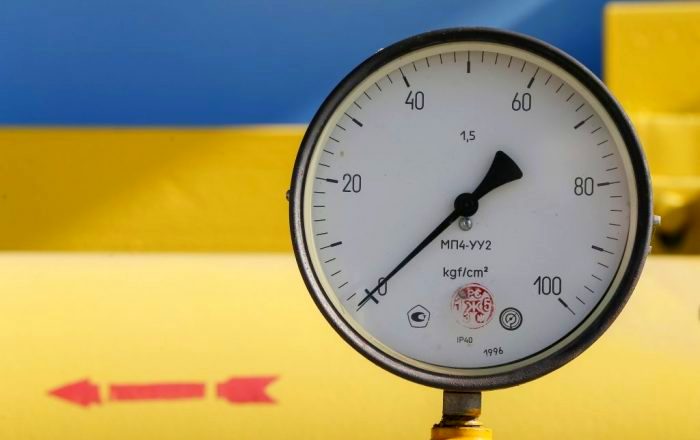Russian gas monopoly Gazprom announced on 14 June that it will cut gas supplies through the Nord Stream 1 pipeline to Europe by more than 40%, citing German company Siemens’ failure to deliver equipment to Russia, the energy company announced.
The Nord Stream 1 is the predecessor to the now abortive Nord Stream 2 pipeline, which was set to run parallel to each other. Nord Stream 1 transports gas from the gas fields of Siberia to Germany, breaking land in Lubmin, Germany.
The pipeline has a total capacity of 55 billion cubic metres of gas each year. Technical issues, as well as ongoing energy warfare between Russia and the West, means that nowhere near this quantity is shipped.
“Currently, it is possible to supply 100 million cubic metres of gas per day into the Nord Stream gas pipeline (whereas the planned supply amount is 167 million cubic metres per day),” a press release said.
Gazprom states that Siemens failed to return gas compressor units after their repair in Germany, leading to the company missing delivery windows. Along with most major Western companies, Siemens left the Russian market shortly after the start of Russia’s invasion of Ukraine.
As a result, malfunctions were detected in gas compressor unit engines which forced three compressors offline, Gazprom states.
Energy warfare?
Energy expert at Ukrainian energy think-tank DiXi Group, Andrii Ursta, casts doubt on the official explanation. “It is likely nonsense, as there are too many coincidences. Siemens fails to fulfil its obligations while simultaneously Rostechnadzor finds some technical flaws in engines,” the expert explains.
“Invoking technical authorities in an attempt to justify foreign trade restrictions bears a striking resemblance with Russian politically inspired trade wars with its neighbours, including ‘friendly’ Belarus."
During the so-called “Milk War” between Russia and Belarus in 2009, Russia banned all Belarusian milk products from the Russian market over “health concerns”, which it used as a context to attempt to force Belarus to further align with Russian foreign and economic policy.
The recent Gazprom announcement bears a striking resemblance to this incident, especially within the context of the larger economic war being fought between the EU and Russia.
Related News
- EU adopts sanctions against Russia with no end in sight of war
- 'No indication' that Russian gas supply to Belgium will also be stopped
- Government facing mounting costs of social tariffs due to rising energy prices
Opportunity to do the right thing
The Ukrainian energy expert did not rule out the reduction in gas supply through the pipeline could be due to technical faults, and even shortly resolved.
“Coincidences do happen and in Russia, they tend to happen way more often…Gazprom adds another bullet point to its profile as an unreliable gas supplier. Such a failure is possible because, in recent years, Nord Stream 1 was used to the full extent and more,” Ursta said.
However, the fact that such a technical issue must necessarily further the energy crisis in Europe, he argues, is by design. “Gazprom may compensate for the lost capacities of Nord Stream 1 by sending additional volumes through the Ukrainian gas transmission system (GTS).”
Russia has all but entirely refused to use Ukrainian gas transit infrastructure since 2020, in a bid to isolate Ukraine in its role as an important energy transit hub and to push for the completion of the Nord Stream 2 pipeline.
Now with war raging in Ukraine, Russian occupation forces have regularly disrupted gas supply and stolen gas supplies bound for Europe.
“Russians have been saying for years that the whole rationale behind building additional gas routes (Nord Stream 1,2) was the security of gas supply. For example, if one of the pipes is partially or fully non-operational gas may be transited through another one. Gazprom created for itself an opportunity to prove this rationale, we will see if it will take it,” Ursta concluded.

